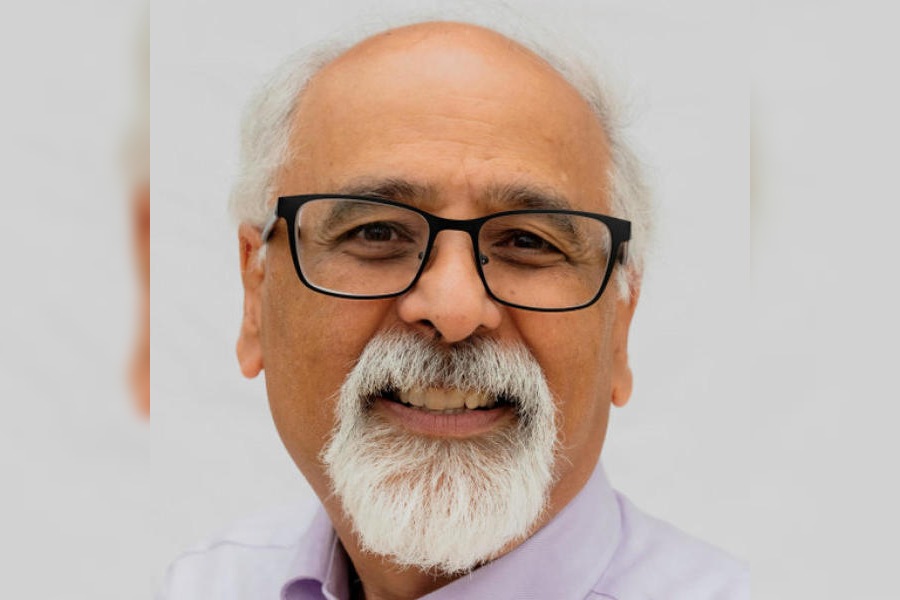How to build a brand by disruption? How to successfully challenge market-leaders? What makes a strong brand?
A Saturday workshop by a global marketing guru will dwell on several aspects of brands.
Rajeev Batra, Sebastian S Kresge Professor of Marketing at the Ross School of Business at the University of Michigan, will conduct a day-long workshop on “Disrupting Markets and Building Brands”.
The IIM Calcutta Alumni Association Guruspeak 2023, in association with The Telegraph, will take place at ITC Sonar on August 19, from 9.30am.
On Thursday, Batra spoke to this newspaper on a range of issues.
Excerpts from the interaction:
Q: Do the principles of branding apply to countries, governments and political parties the same way they apply to products and services?
Batra: Yes. There are some that are general and apply for all situations. You need to understand the target segment. Once you know that, then you look for what needs do they have. Not just functional needs. The needs can be emotional and social. Then you have to find out how can my brand meet these needs better than others.
You said products and services. But actually, the principles of branding are not the same with products and services. With a service, it is less tangible. The role of the human element is much much greater in services.
Many of the same principles of branding apply to nations. Even there, it depends on what part of the nation brand you are talking about. If you are trying to build a tourist destination, then it is sort of more like the service situation. If it is more like an investment destination, then it is more like a product situation.
Political parties are very different. In politics, you get into ideologies, deeply held values. It is very hard to change them, unlike in commercial arenas, like selling a car. I give you some facts about what makes my car superior and you are likely to listen as a consumer.
In contrast, when you are dealing with politics or deeply held values, people reject information that contradicts their beliefs.
Q: Brands often run into controversies if their advertisement campaigns offend one section of society or the other. In a world that gets offended so easily and against the backdrop of a vitriolic social media, what are the checks and balances that can protect brands?
Batra: The post-truth world is also similar to the political situation. People form these beliefs based on the echo chamber that they have in social media. They listen to like-minded people. People don’t seek out information that contradicts their beliefs.
A lot of brands these days try to pick a stand on social issues. Like non-binary gender identities. But the problem is that on many of these issues, when the brand takes a position on something, it pleases some people. But it has the potential to put off other people.
So, what can a brand do? One thing is let us not take a position at all on such issues. Don’t say anything. Steer clear of these things.
Let us only talk about some benefits and brand symbolism that nobody will find controversial.
